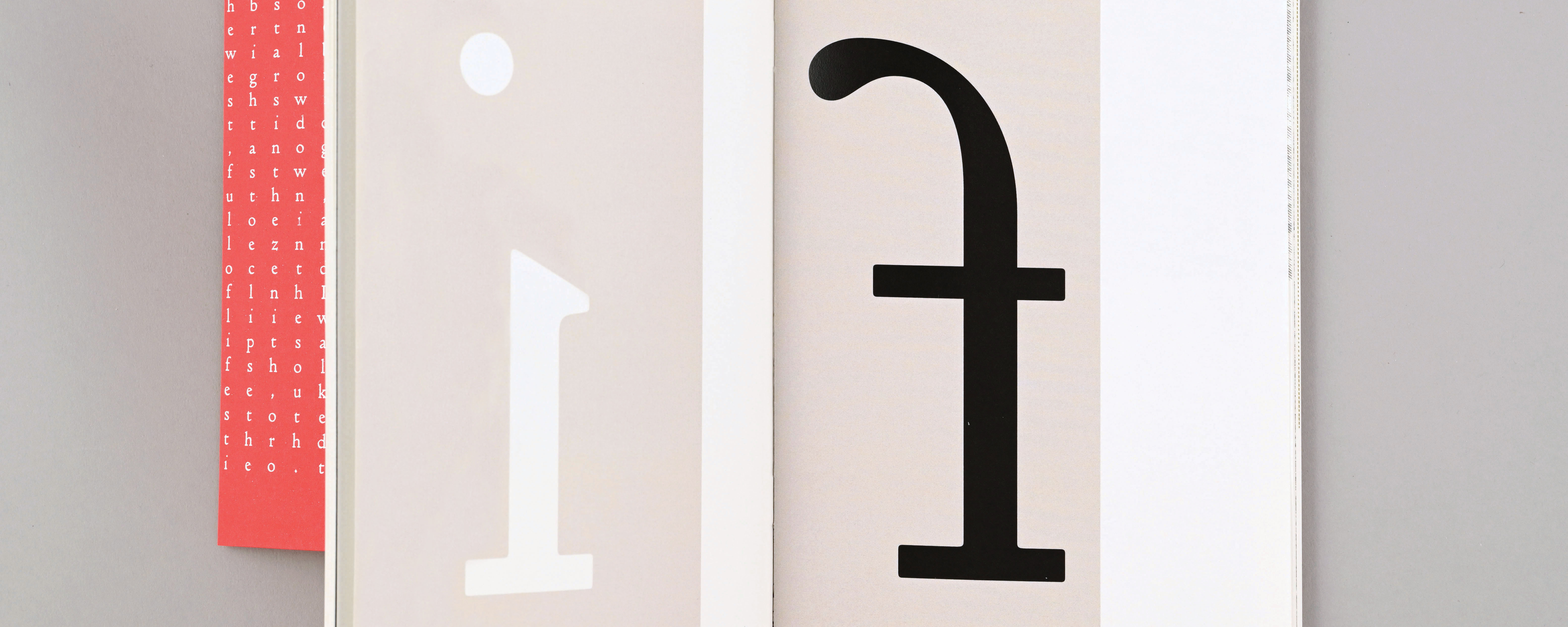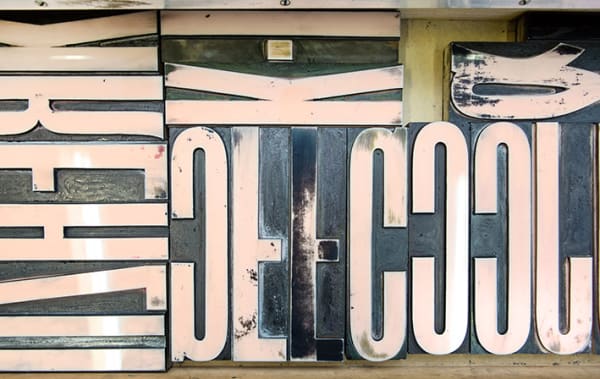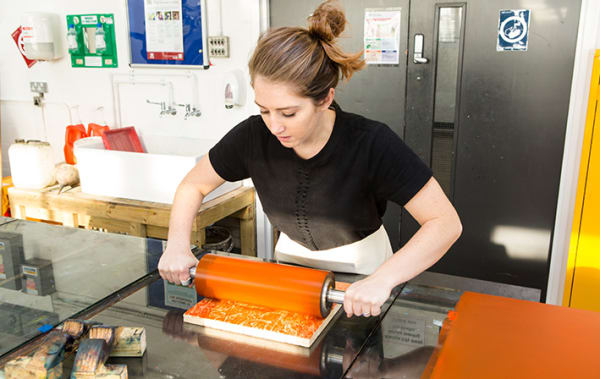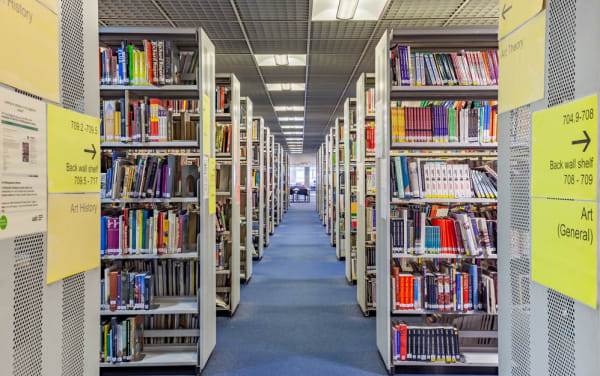Course units
We are committed to ensuring that your skills are set within an ethical framework, and we have worked to embed UAL’s Principles for Climate, Racial and Social Justice.
As part of this initiative, we’ve shaped our courses around social and environmental sustainability principles that ensure learning outcomes reflect the urgent need to equip you with the understanding, skills, and values to foster a more sustainable planet. Our aim is to change the way our students think, and to empower you to work towards a sustainable future.
MA Design for Visual Communication comprises four units totalling 180 credits. These units are delivered over three 15-week Blocks.
Unit 1: Defining and Positioning (60 Credits):
This unit introduces postgraduate studies and critical and reflective practice methodologies and invites you to explore the field of visual communication. With an acknowledgement of the requirements of designing for our multifaceted world you will utilise visual communication frameworks based on research and experimentation to achieve greater clarity.
A series of workshops and lectures will focus on typography, typographic hierarchies, visual language and visual grammar and colour, providing context in the four main areas of visual communication. You will develop a series of outcomes building a portfolio of work responding to these four main elements and hone your skills in each area.
In course-specific lectures you will explore various research methods, learn how to position a project for a defined audience and to contextualise your practice within the broader subject area.
You will be introduced to a graphic design history, international design methods and discourses around responsible and sustainable practices. In line with UAL's guiding principles for Climate, Racial and Social Justice, you will focus your research practice around designing inclusive visual systems and future thinking.
Your project outcome will focus on responsible uses of resources, accessible and inclusive communication and achieving a professional degree in the craft. It builds upon the collaborative aspects of the profession and encourages you to explore research methods and practical application cooperatively with your fellow students.
Unit 2: Collaborative Unit (20 credits):
This unit is designed to enable you to identify, form and develop collaborative working relationships with a range of potential partners. These could be: postgraduate student colleagues at college or university level; postgraduate students at other Higher Education Institutions; external parties (e.g. companies, cultural organisations, community-based groups, NGOs, charities etc.) The collaboration will involve working on a project whose outcomes are agreed by your tutors and will take the form of group work that can happen within the College or digitally / remotely. The unit focusses on student-driven collaboration with projects being developed to meet the specific requirements of student groups within and across disciplinary boundaries.
Unit 3: Exploration and Experimentation: (40 Credits):
This unit focusses on practice-based research and experimentation to define and hone your specialism. You will refine your skillset in existing and conventional visual communication methods and expand your knowledge in emerging fields and technologies. You will be encouraged to explore the various workshops in different processes, such as creative computing, analogue and digital 3D production, as well as printing or projection mapping. The explorative focus of this unit gives you the opportunity to broaden and hone skills that will inform your Master’s Project. A clear understanding of the technical abilities and processes will allow you to define the final outcomes based on the intended audience and context.
This unit will broaden the range of your practical research and provide you with opportunities to consider your role within areas such as: design for civic management, the climate crisis, social change, racial justice, health and social care, accessibility, education and urban life. A series of practitioners from professional and academic contexts will provide valuable insight into a range of practices and methods.
In preparation for your Master’s Project, you will begin to gather extensive research and be introduced to advanced visual communication methods. This unit will allow you to amalgamate your theory and practice in a contextual lecture on your subject of study to present your proposal. This will be an excellent chance to receive peer feedback and finesse your presentation skills.
Unit 4: Master’s Project (60 Credits):
Your self-directed project is an identified and agreed area of specialist practice, which you will define with support from your personal tutor who will offer guidance on both the theoretical and technical aspects of your work – alongside additional help from staff and peers across LCC. As you consolidate your specialism, you will frame your work through an academic and professional lens. Your Master’s Project will culminate in a showcase of your resolved outcome and a publication presenting the critical analysis of your findings.






